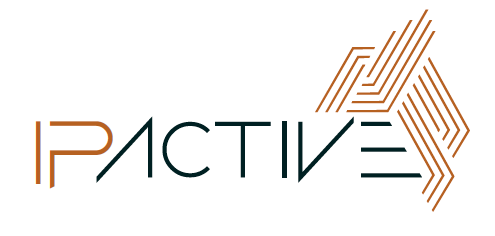Trade Marks Protect Goodwill in Business

Protect the Reputation and Goodwill of the Business
The goodwill established by a business is central to its value. More than 120 years ago the courts defined goodwill as ‘the very sap and life of a business, without which the business would yield little or no fruit”. Recent business evaluations show that more than 50% of the value of a business can be associated with the goodwill established by the business across the markets and customers it services.
Registration of a trade mark allows protection of the name, brands and logos that a business has decided to use as a ‘badge of origin’ for the goods and services that it provides. That is, for consumers, the trade mark becomes the symbol associated with the business who owns the mark. It is therefore tied to the goodwill developed by the business. While trade marks and goodwill may be thought of as different ideas both are fundamental intangible assets of a business.
Consumers will associate trade marks with the quality of products and services provided by a business. The higher consumers value the quality of a business’s products and services the greater the goodwill and value for the business.
Trade Marks are Property
Trade marks are the property of the business and can be protected like any other property owned by the business. This is why businesses protect their name, brands and logos as trade marks – just like insuring the building a business owns.
The owners of a trade mark have the exclusive right to prevent others, who don’t have the owner’s consent, from using identical or similar marks or brands across the same or closely related products or services. Other businesses who use “deceptively similar” marks or brands can be prevented from selling products with similar marks if there’s a likelihood of confusion in the consumer’s mind about who the owner is or which business is offering the product or service.
The key advantage for having a registered trade mark is that when one business thinks about taking action against another business who is using a similar mark to prevent them using it, is that the user of the similar mark must show that they have not used the mark in a way that is likely to cause confusion in the eyes for the consumer. In the majority of situations it is always easier and cheaper to defend a registered trade mark than rely on common law rights to protect your brands. So it pays to register your business name and brands as soon as they are developed.
Need help in protecting your business name and brand, then book a free 30 minute consultation with Dallas Gibb, a registered trade mark attorney at IP Active.
IP Active © 2009 – 2019 | Designed by Cherie
